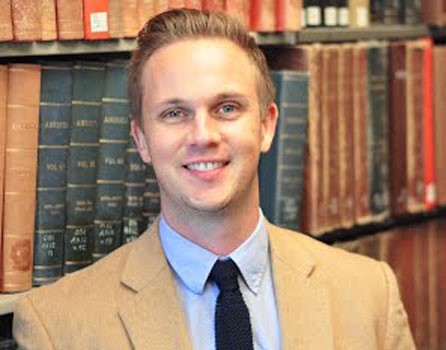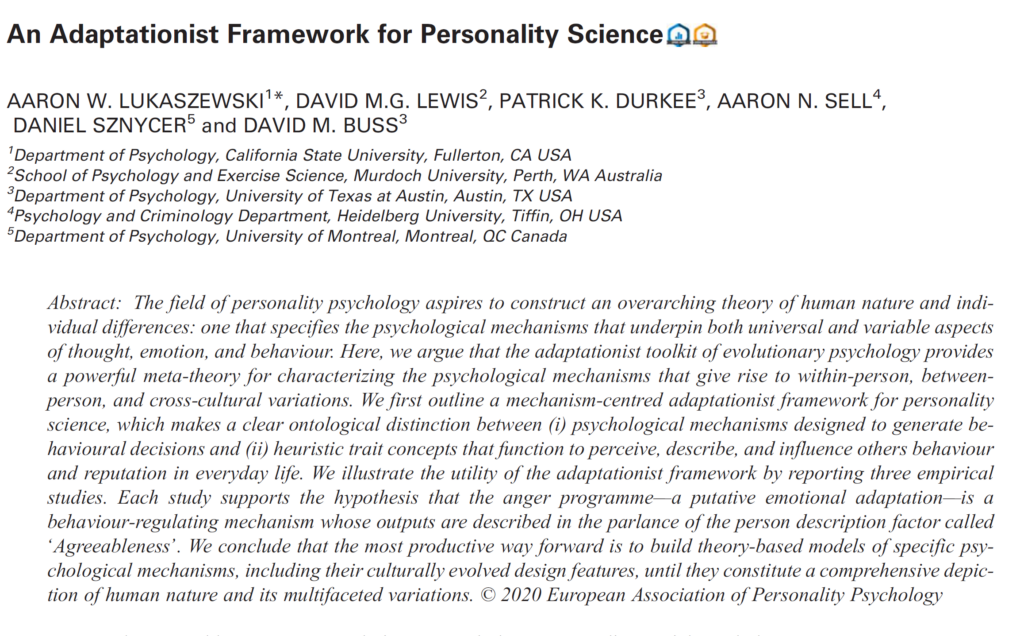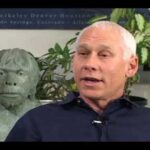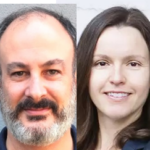If we are all unique, how can there be a universal human nature?
Tooby, J. & Cosmides, L. (1990). On the universality of human nature and the uniqueness of the individual: The role of genetics and adaptation. Journal of Personality, 58, 17-67.
This paper discusses:
- how there can be a universal human nature, even though there is massive genetic variation that distinguishes individuals from one another
- how a universal human nature can give rise to differences in personality (other than via differences in experience–an already well-known pathway)
- why we form a single species–that is, why humanity is not divided into distinct “racial” types.
- why adaptations have low heritability, and why most heritable variation in personality traits may be nonadaptive genetic noise
- It refers to an article on the evolution of sexual recombination by John Tooby: Pathogens, Polymorphism and the Evolution of Sex.
An adaptationist approach to personality

When Aaron Lukaszewski was a CEP graduate student, he began rethinking personality science from first principles. His many publications on this topic can be found here.
An overview of the adaptationist framework he has been developing appeared in the European Journal of Personality. The abstract below will give you a sense of where he is going with this project.

How does the mind store personality traits?
See the following papers for research suggesting that the human mind contains a system specialized for the storage, retrieval, and acquisition of information about people’s personality traits. A specialized learning mechanism is implicated, and there may be a separate subsystem specialized for acquiring and storing information about the self. For more information, email Stan Klein, an affiliate of the CEP.
Klein, S., Cosmides, L., Tooby, J., & Chance, S. (2002). Decisions and the evolution of memory: Multiple systems, multiple functions. Psychological Review, 109, 306-329.
[Reviews neuropsychological and experimental evidence for a distinction between episodic and semantic memory about the self. Argues decision systems had to co-evolve with memory systems; tests the scope hypothesis, an example of this; argues priming is functional, not a byproduct of neural activation]
Klein, S. B., Cosmides, L., Tooby, J. & Chance, S. (2001). Priming exceptions: A test of the scope hypothesis in naturalistic trait judgments. Social Cognition, 19, 443-468.
[Experiments on scope hypothesis, as discussed in Psych Review]
Klein, S., Rozendahl, K., & Cosmides, L. (2002). A social-cognitive neuroscience analysis of the Self. Social Cognition, 20, 104-132.
[Reports the case of DB, a patient with brain damage who has intact knowledge of his own personality traits, yet impaired knowledge of those of this daughter, impaired knowledge of other domains of knowledge, and impaired episodic retrieval. Suggests a dissociation within the semantic memory system]
Klein, S., Cosmides, L., Costabile, K., & Mei, L. (2002). Is there something special about the self? A neuropsychological case study. Journal of Research in Personality, 36, 490-506.
[Reports case of RJ, an individual with autism, who has acquired accurate knowledge of his own personality traits, yet has not acquired culturally consensual knowledge about other domains of semantic knowledge (animals, foods, tools). Suggests a system specialized not just for storing information about the self, but for acquiring it.]
Klein, S., Cosmides, L. & Costabile, K. (2003). Preserved knowledge of self in a case of Alzheimer’s dementia. Social Cognition, 21(2), 157-165.
[Reports case of KR, an individual with severe semantic impairments due to Alzheimer’s dementia. She has accurate knowledge of her personality traits prior to onset (and those of her daughter), but not of her current personality, which has changed. Suggests specialized storage system for personality traits, but that ability to update this store can be impaired.]
Klein, S., Cosmides, L., Murray, E. & Tooby, J. (2004) On the acquisition of knowledge about personality traits: Does learning about the self engage different mechanisms than learning about others? Social Cognition, 22(4), 367-390.
[Reports further analysis of RJ, an individual with autism, who has acquired accurate knowledge of his own personality traits, but has failed to acquire accurate knowledge of the personality traits of other members of his family. That acquisition about the self is normal while acquisition about others is impaired, further suggests a system specialized for acquiring knowledge about the self: a domain-specific learning mechanism.]
Klein, S., German, T., Cosmides, L. & Gabriel, R. (2004). A theory of autobiographical memory: Necessary components and disorders resulting from their loss. Social Cognition, 22(5), 460-490.
[Proposes a theory of how different cognitive mechanisms interact to produce personal memory experiences, and predicts a number of different disorders that would result from the loss of each. Provides a roadmap for discovering new dissociations and syndromes related to self knowledge and memory.]
Klein, S. (2004) The cognitive neuroscience of knowing one’s self. In Michael S. Gazzaniga, (Ed.), The New Cognitive Neurosciences, III (pp. 1077-1089). Cambridge, MA: MIT press.






